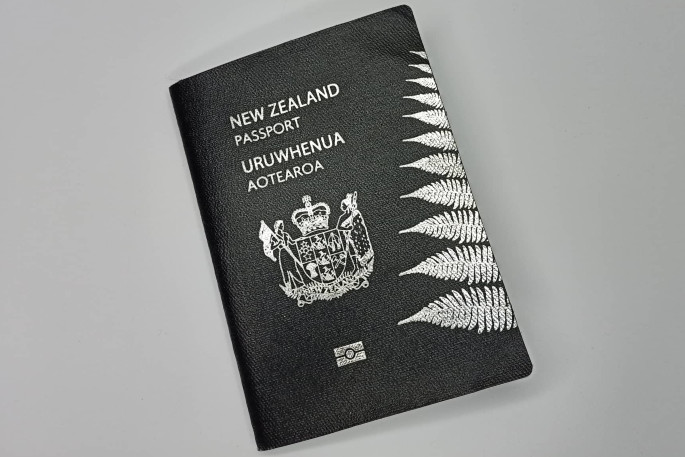This Content Is Only For Subscribers
Deputy Public Service Commissioner Heather Baggott has released the findings of a review into the administration of the Accredited Employer Work Visa scheme.
The independent review was led by Jenn Bestwick. The objective of the review was to determine whether Immigration New Zealand’s administration of the scheme is being carried out appropriately, with a focus on mitigating the risk of migrant exploitation and irregular migration.
The review identified possible improvements to the scheme. It found:
- With the opening of the borders post-COVID in June 2022, and employers needing migrant labour, INZ introduced new operational settings to reduce visa processing times and respond to the extraordinary demand from employers.
- These settings reduced the number of checks that immigration officers were required to do to maintain processing times.
- INZ’s decision to change the settings, to address the immediate need for access to migrant workers, was reasonable in the circumstances.
- INZ did not adequately assess the risk and impact of these changes to speed up processing times, against the increased risk of visa system abuse.
- The focus on meeting visa processing timeframes and volumes overrode risk considerations.
- When INZ staff did raise concerns about the risks, leadership at INZ failed to pay adequate attention.
- Between July 27, 2022, and June 30, 2023, the visa scheme was exposed to an increased risk of exploitation by unscrupulous agents or employers.
- INZ has made, and continue to make, a number of changes to improve the administration of the work visa scheme service.
Following COVID-19, New Zealand opened its borders fully to workers in July 2022. The newly designed Accredited Employer Work Visa scheme started the same month.
INZ is a part of the Ministry for Business, Innovation and Employment.
Heather says the changes to the Accredited Employer Work Visa scheme did not work as intended and INZ could have done more to minimise the risk of abuse of the work visa system.
INZ should have assessed the risk before implementing the changes, and reviewed the impact of the changes, which would have identified any faults or risks due to the reduction of verification checks.
“Immigration New Zealand implemented, very quickly, a new model to accelerate immigration at a time the country desperately needed skilled workers,” says Heather.
“While it was unscrupulous employers who exploited migrants coming into the country, Immigration New Zealand could have, and should have, done more to minimise the risk of that happening.
“The chief executive has since made, or is undertaking, the necessary changes to ensure the scheme continues to meet the needs of employers while better protecting migrant workers coming into New Zealand.
“I expect the chief executive will continue to make improvements in line with the recommendations identified in the report. And the chief executive has assured me this will happen.”
Ministry of Business, Innovation and Employment chief executive Carolyn Tremain has accepted the findings and recommendations of the independent external review into the Accredited Employer Work Visa.
The review was first announced in August last year by the former Minister of Immigration following concerns raised with him by an Immigration employee relating to the way the scheme was being administered.
In accepting the review’s findings, Carolyn says Immigration New Zealand has acknowledged the serious nature of the issues that were raised in the review.
“The scheme was implemented at the same time as the border reopened after COVID-19 and the review acknowledges the extraordinary challenge that MBIE faced with huge demand for visas to work, study and visit.
“Since June 30 last year, Immigration New Zealand has made a number of changes to tighten the settings, introducing more checks and, as a consequence, processing times have increased,” she says.
“But the AEWV scheme has enabled employers to recruit much needed migrant labour to boost the economy in the immediate period after opening our borders.”
Latest figures show there are nearly 33,000 accredited employers and more than 108,000 approved AEWV applications.
Carolyn says the vast majority of employers are doing the right thing and treat their migrant workers fairly and well. But unfortunately, the relatively small proportion of bad actors will always seek and exploit weakness in immigration systems and policy.
“As a result of our investigations 145 employers have had their accreditation revoked and 53 have had their accreditation suspended,” she says.
Carolyn says staff have raised serious concerns and that they felt senior Immigration leaders did not pay adequate attention to the concerns raised by them about the AEWV risk settings.
“We encourage our people who want to raise an issue because they’re worried about the integrity of the system to report it – if they are not comfortable doing so to their manager, then to any of the leadership team or to the MBIE Integrity line.
“I know Immigration New Zealand is working hard to improve staff communications and engagement and the latest survey of staff shows progress is being made, but clearly there is further work to be done.
“Our people have an important role in our immigration system – whether involved in reopening the borders, processing applications, carrying out post accreditation checks or investigating employers and I thank them for the work they do,” she says.
The review is published on the Te Kawa Mataaho/Public Service Commission website –www.publicservice.govt.nz
The review did not examine the appropriateness of the policy settings or consider the merits of individual visa application decisions, unless they related to any wider issues of process.
The review also did not examine decisions made during the migrant step of the process, or make recommendations in relation to individual cases.



